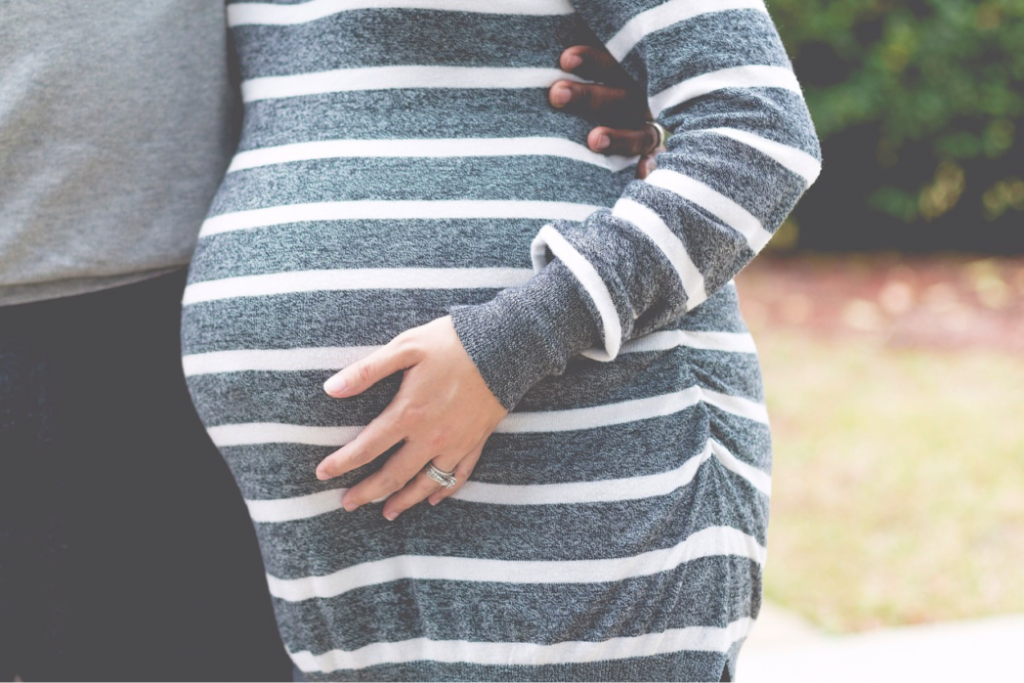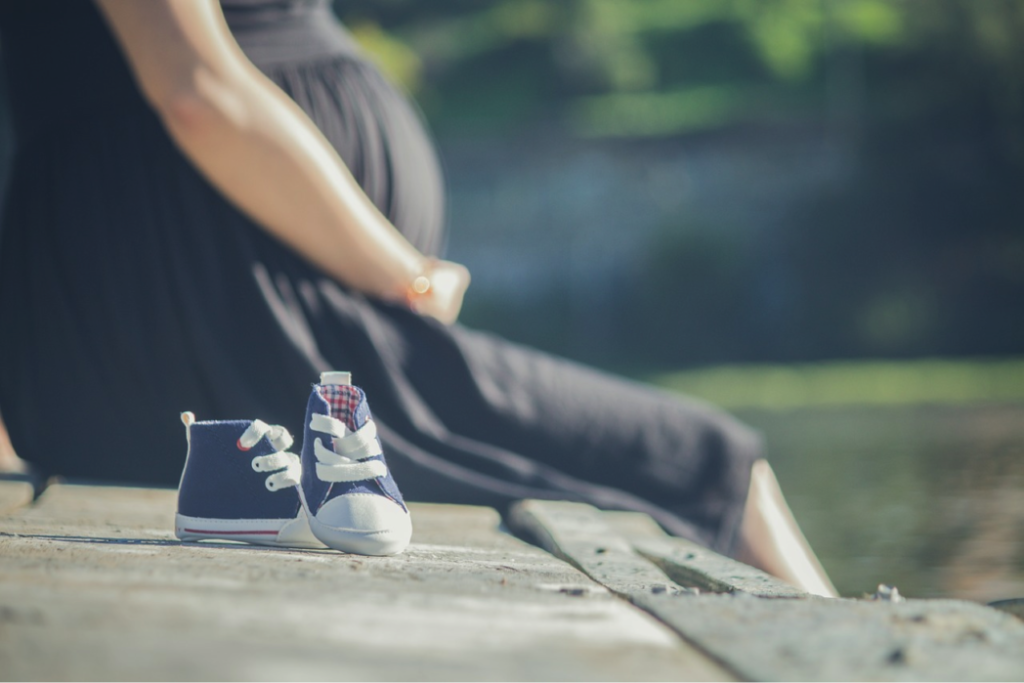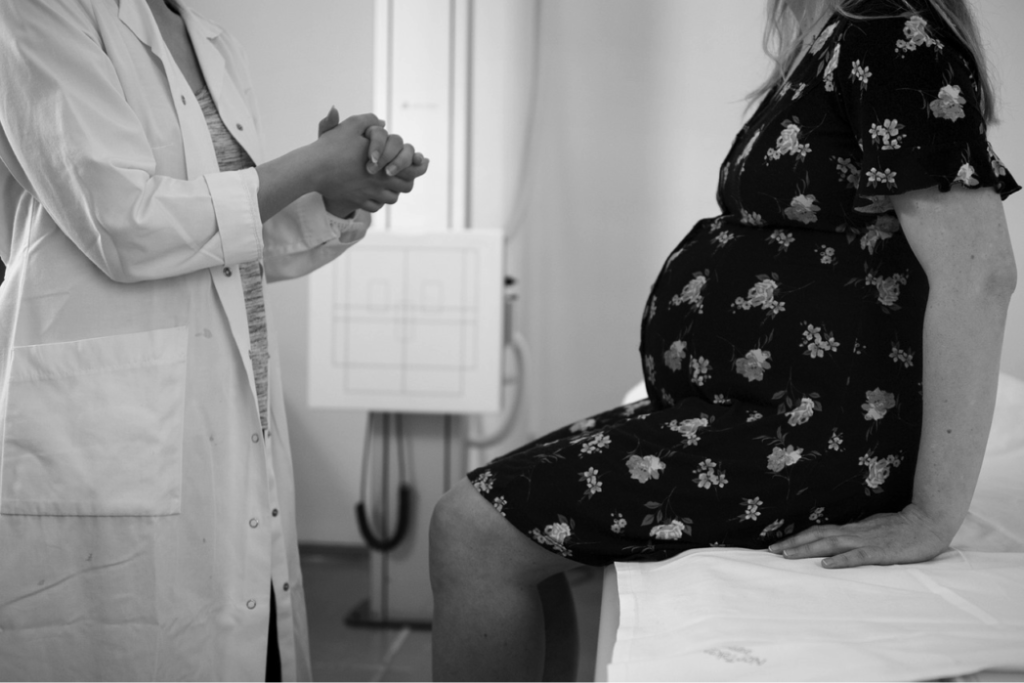The body undergoes a huge range of changes during pregnancy. It’s not just your belly that’s growing bigger. A woman will put on weight, have their hormones thrown into a whirl, and the growing uterus can impact other parts of the body around it, as well. As such, a few new aches and pains are to be expected. Here are some of the most common ones, what you can do about them, and if you should be concerned.

Headaches
Tension headaches are very common for pregnant women. They can in part be caused by the hormone-induced stress that can happen during pregnancy. It’s important to avoid relying on over-the-counter pain medication too much, and to not take things like aspirin. Tylenol can help, but there are natural ways to find some relief. Most importantly, eating regularly, drinking six more glasses of water and ensuring you get enough rest is crucial. Otherwise, you can help get those stress hormones in balance and get some relief by trying prenatal yoga or by trying meditation. With stress being a significant common factor in pregnancy headaches, tackling that stress can also be an effective way to tackle the pain you’re feeling, too.
Tummy troubles
Your digestion can become a little trickier when you’re pregnant, as well. If you are prone to experiencing heartburn, then you are likely to experience it when you are pregnant, as well. Making the necessary changes to your diet, such as avoiding heavier meals and switching spicy, greasy or sugary foods out for blander alternatives is wise. Antacids can still be used, but changing your diet will have a better chance of solving the problem rather than just easing it. Constipation is another common issue during pregnancy, and a particularly unpleasant one at that. The best way to fix it is to incorporate more high-fiber foods in your diet, with some great examples shown at What To Expect. Drinking a lot of water can help aid your digestion as well.
Leg cramps
The reason that leg cramps, painful muscle contractions that hit your calf or foot, are more common during pregnancy isn’t exactly know. It may have to do with changes to blood flow, posture, or general weight gain. However, there are still some ways to manage it. Stretching your calf muscles before bed is recommended by some. Otherwise, there is some evidence to suggest that certain nutrition supplements can help, such as magnesium and calcium. Of course, it’s wise to talk to your doctor before making any changes to your diet or vitamin intake, especially during pregnancy. Lastly, staying hydrated and staying active have both shown some evidence to be tied to your chances of leg cramps.

Lower back pain
The kind of weight gain that’s to be expected during pregnancy can lead to more pressure being put on your back. Furthermore, having a big belly bump is naturally going to change your posture. This can also end up putting more pressure on the spine, which can lead to lower back pain, one of the most common complaints across the board when it comes to all pregnancies. If you’re experiencing lower back pain, one of the best things you can do it to ease it is to make sure that you’re exercising safely and carefully. Building the muscles supporting your back, stretching out those knotted muscles, and improving your range of mobility can make it easier to shift into positions that offer some relief.
False alarms
Of course, on pain that every pregnant woman should expect, at some point or another, are contractions. These are seizures of the abdominal muscles that can feel uncomfortable and cause a spasm of pain. However, not all contractions are a sign that you’re going into labor. Bloomlife shares plenty of details on Braxton Hicks contractions, which can happen from any point after 28 weeks. These are effectively practice contractions, but they’re often mistaken for going into labor. If the contractions are irregular, aren’t becoming any more frequent, are focused in the front of the abdomen, and aren’t getting any strong, it’s a good sign that it’s a false labor instead of the real thing.
Sharp pains in the side
Another pain that can sometimes be mistaken for contractions is the kind that shoots up your sides momentarily, especially during or after the second trimester. As Babycenter shows, these are known as round ligament pains. Essentially, they happen because the growing uterus is pulling on and stretching the ligaments that attach it to the rest of the body. You can do a few things to ease them. Simply taking a moment to rest and relax, correcting your posture, or changing your position if you’re lying down can ease the pressure on those ligaments. You can also try a light massage on the pained area with your fingertips, gently working the tension out of the area yourself. Warm baths and warm water bottles can also relax the muscles causing the tension.

When to call the doctor
There are a lot of aches that might be common in pregnancy, but how do you when it’s something that will go away or when you should call your doctor? In the case of a pregnancy, it’s better to err on the side of caution. If there’s something that feels off or unfamiliar, they can at least answer your questions and put your mind at ease. However, if you’re feeling intense pain that doesn’t go away with movement, experiencing any bleeding, swelling, or have very sudden and severe headaches that are out of the ordinary for you, you should get in touch as soon as possible. If there are any unfamiliar vaginal discharges or persistent contractions, that should warrant a call, too.
Even if you’re experience pains and aches that you believe might be a normal part of pregnancy, don’t hesitate to ask your doctor about them. They could still be able to provide more specific, helpful advice and help you get a little bit of peace while waiting for the baby to come along.

